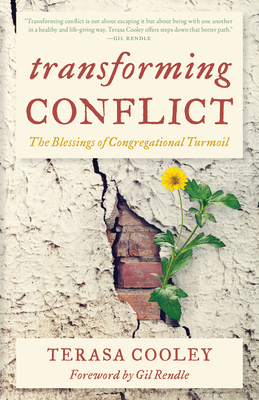Healthy Congregations Team (HCT)

The Healthy Congregation Team (HCT) of UU Marin is entrusted to help the congregation practice faithful communication and creative conflict based on values of mutuality and consent, with the goal of helping the congregation live into our covenants. The HCT provides healthy communication and conflict engagement training to the congregation, which can include:
- Tending to the covenant by articulating and modeling its practice
- Providing training and other learning opportunities around the tensions needed for creativity in congregations
- Modeling and coaching communication processes that promote mutuality and consent (i.e. small group ministry, discernment circles)
- Creating low-anxiety/high-learning experiences for the congregation around conflict and covenant
The HCT offers conflict engagement services to individual members. Sometimes a member needs a sounding board and coaching as to how to bring their better self to a situation. In low level conflict, the HCT creates brave spaces where people can move from defensiveness toward resolution.
When a smaller group of the congregation is feeling stuck in a situation, or when conflict becomes more heated, the HCT can offer opportunities for deep listening and restorative processes in the form of listening circles. When appropriate, the HCT may make recommendations to the Board of Trustees for possible action under the congregation’s disruptive behavior policies.
The HCT cannot offer mediation between family members, offer facilitated conversations to address conflict with people not bound by our covenant, nor intervene in a conflict involving staff (in which case the minister takes the lead) or the minister (in which case the Committee On Shared Ministry should be contacted).
Current Members of the Healthy Congregations team are: Rev. Theresa Novak, Chair, Linda Haumann, Sande Kiriluk, Dick Park, Barb Patterson, and Mikey Songster.
Give one of us a call . . .
- if you have a running disagreement with someone and can’t work it out.
- if you purposely avoid coming face-to-face with someone who you regularly see.
- if you won’t consider being on a committee with a particular person.
- if you are exhausted with the “microaggressions” that come at you too often.
- if you overhear comments that are less than kind about someone.
- if you witness abusive, harmful, destructive, or inappropriate behavior.
